
“I am constantly standing outside and making people aware that they are always watching a film… At the same time, you are deeply and emotionally involved in it.”
– Brian De Palma
A controversial and towering figure in American filmmaking, Brian Russell De Palma (born September 11, 1940) is also one of the most divisive and misunderstood. A pivotal player of the extremely influential New Hollywood wave of directors, De Palma has been perfecting polemical and exhilarating cinema since the late 1960s.
Labelled a misogynistic chauvinist, a sell-out, and a Hitchcock plagiarist by his critics, his vast legion of fans and his peers all know better. To his many admirers and to the critical establishment beyond the populist American crowd he is regarded as an auteur, an avant-gardist, an au fait satirist, a passionate independent iconoclast and an articulate intellectual.
In a career that spans 50 years, De Palma has proven to be an architect of intensely personal and analytical films, awash in stylistic flourishes, and dazzling technical strut.
Even just a cursory glance at his diverse filmography reveals a staggering variety; comedies, midnight rock opera excesses, prestige horror, epic war films, experimental one-offs, popular music videos, and psychological suspense thrillers along with celebrated crime pictures and big-budget action-driven blockbusters.
While De Palma’s outstanding oeuvre truly does speak for itself the following list will briefly detail his dense and dreamy filmography, highlighting his finest work while paying a little lip service to the rest, which are all worthy of varying degrees of attention.
29. Murder a la Mod (1968)
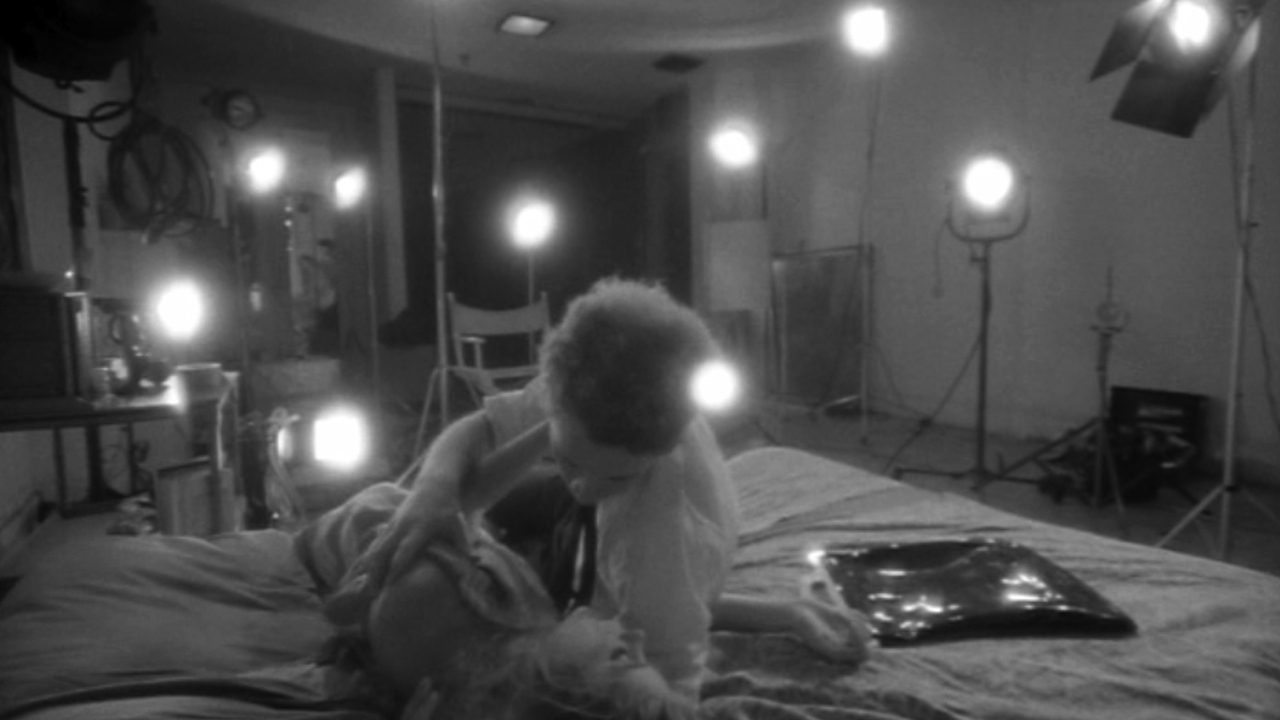
De Palma’s first official outing as both writer and director, Murder a la Mod is a fascinating early film that was, after a limited release in ‘68––it played in one cinema in New York City on a very limited engagement––thought to be long lost.
The sordid plot involves Chris (Jared Martin) a seedy director of adult films, who begs his naive lover Karen (Margo Norton) to help him raise money to payoff his blackmailing wife, Tracy (Andrea Akers). Thrown into the mix a mischievous psychopath named Otto (William Finley), a murder, and a procedural investigation, and there you have this painfully pedestrian exploitation picture that never quite gets off the ground.
Perhaps the best part about this film is that Detective Manny Karp (Dennis Franz) is captivated by it during a scene in De Palma’s 1981 tour de force, Blow Out.
28. Dionysus in ’69 (1970)

Another early directorial effort from De Palma, this very laboratory-like project creatively captures a theatrical presentation of The Performance Group (a New York City experimental theater association, now defunct) as they do an elaborate adaptation of Euripides’ ancient Greek tragedy “The Bacchae.” This frequently gruesome play explores ideas of devotion, religion, sacrifice, and sexuality and benefits from the powerful lead performancers William Finley and Will Shepherd.
De Palma fans will revel at seeing his first muse Finley (who would later be catapulted into the cult canon in Phantom of the Paradise) chew the scenery, as well as one of the director’s signature standards on proud display; the split-screen. The entire film, in fact, is shot in this split-screen format, and while often effective, it will inevitably come across as overdone to some viewers, though certainly the film never looks dull as a result.
Lovers of experimental theater, Finley aficionados, De Palma addicts, and the curious will enjoy many moments of this film, but as a whole it must be said that Dionysus in ’69 is an uneven enterprise.
27. Home Movies (1980)
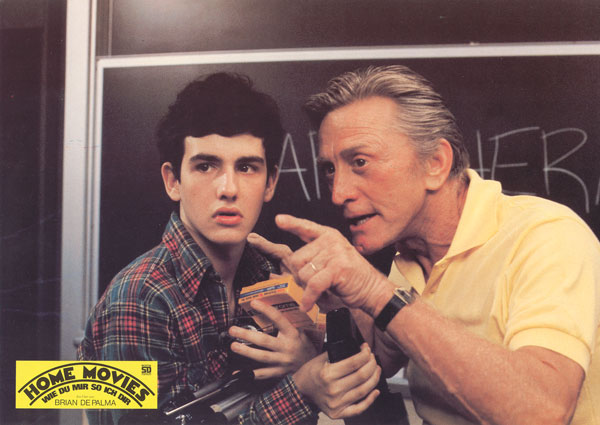
A curios undertaking made rather quickly while De Palma was teaching film at his alma mater Sarah Lawrence College in Bronxville, New York, Home Movies was conceived as a hands-on training lesson for his students that, due to the creatives involved, is a relaxed yet ludicrous viewing experience.
The idea was that De Palma’s students help raise the costs for the film, plan the shooting schedule, and oversee the post-production duties.
Starring Nancy Allen, Kirk Douglas, Keith Gordon, and Gerrit Graham, Home Movies involves a Douglas’ cultish guru and film instructor, Dr. Tuttle (loosely based on De Palma), and a shy, docile, and enthusiastic student named Denis Byrd (Gordon)––again loosely based on De Palma––who will document his life by filming it all, making the significant things in his life part of a film project.
Some of Home Movies works well, particularly the meta aspects, and it’s fun to see so many of De Palma’s regular players performing, as well as all the sneaky biographical bits and pieces thrown into the mix for added absorption.
26. Greetings (1968)
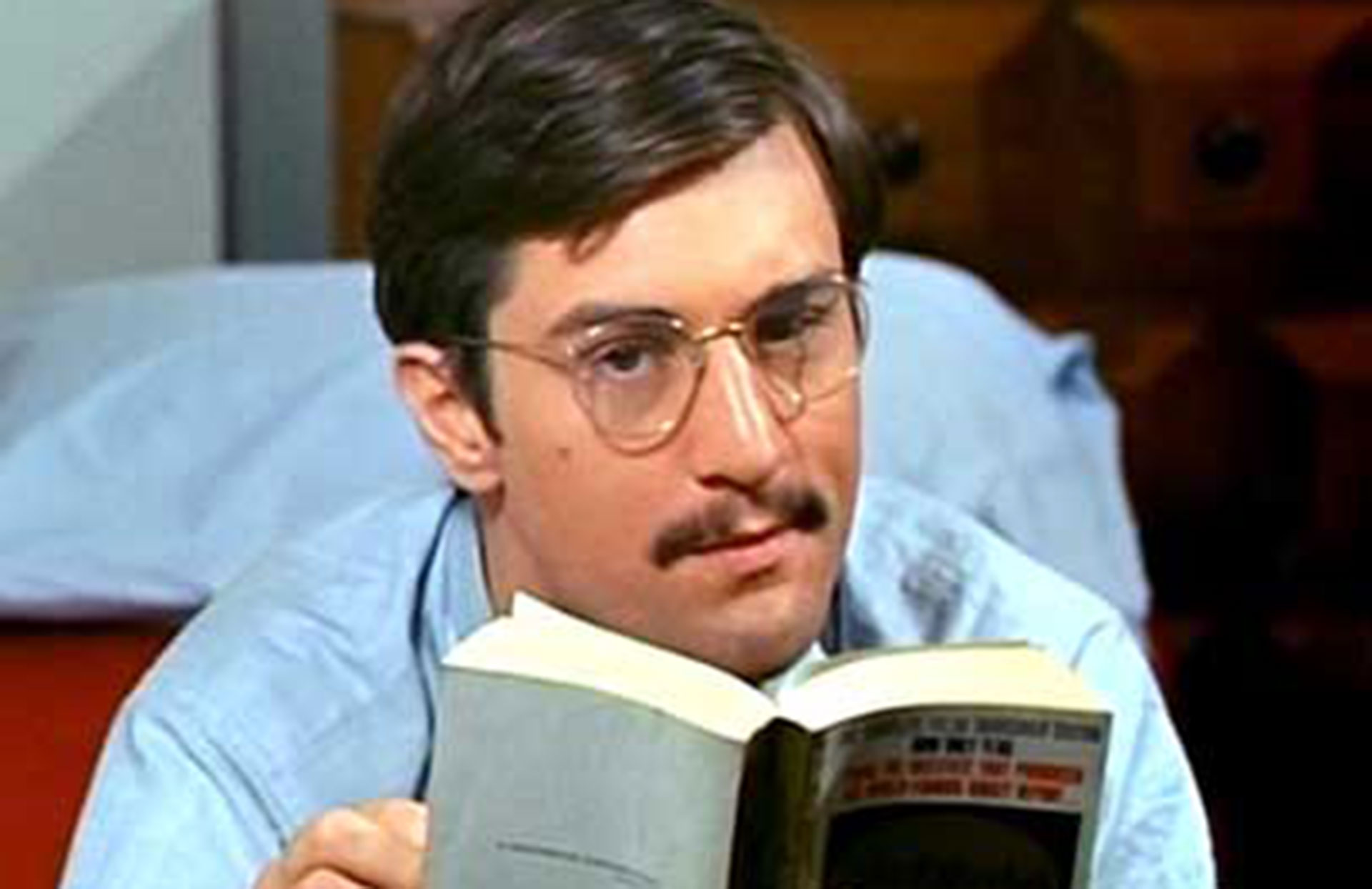
More surefooted than Murder a la Mode, made the same year, this satirical dark comedy-drama won the Silver Bear at the 19th Berlin International Film Festival, spawned a sequel (1970’s Hi Mom! which is located further down this very list), and was the first major film role for Robert De Niro.
Jon Rubin (De Niro) is a voyeuristic young filmmaker who partners with womanizer Paul Shaw (Jonathan Warden), also a draft dodger, and paranoia-addled Lloyd Clay (Gerrit Graham), a Kennedy-assassination theorist, all located in late-1960s New York. This counterculture comedy, something of an homage to Jean-Luc Godard captures a bygone era of Greenwich Village and the anti-war movement of the time. Greetings is a funny film, and while rough around the edges, contains ample charms.
25. The Wedding Party (1969)
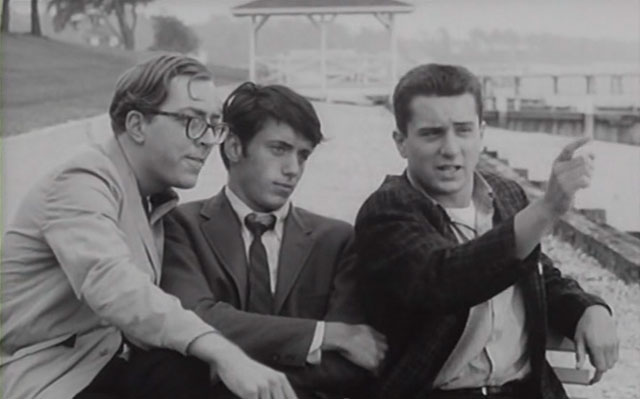
A fast moving farce on the unease and misgivings of getting married, The Wedding Party is one of De Palma’s earliest efforts (he co-directed the picture with his then theater professor Wilford Leach and fellow student Cynthia Monroe).
The Wedding Party is most notable for being the cinematic debut of Robert De Niro, who shines in a supporting role as Cecil, best friend of Charlie (Charles Pfluger), a soon-to-be-groom with cold feet. Charlie’s fiancee Josephine (Jill Clayburgh, also making her film debut) finds herself suddenly interested in an ex-boyfriend just prior to her nuptials as an elaborate ceremony at her family’s Shelter Island estate is about to unfold.
With a few plot points that echo Mike Nichols’ The Graduate (1967), which had left a huge impression on theatergoers and particularly the youth market a few years earlier, much of what is presented in The Wedding Party feels like something of a retread. That said, it’s still an interesting work that indicates burgeoning talent and has value as a social artifact for that very reason.
24. Get to Know Your Rabbit (1972)
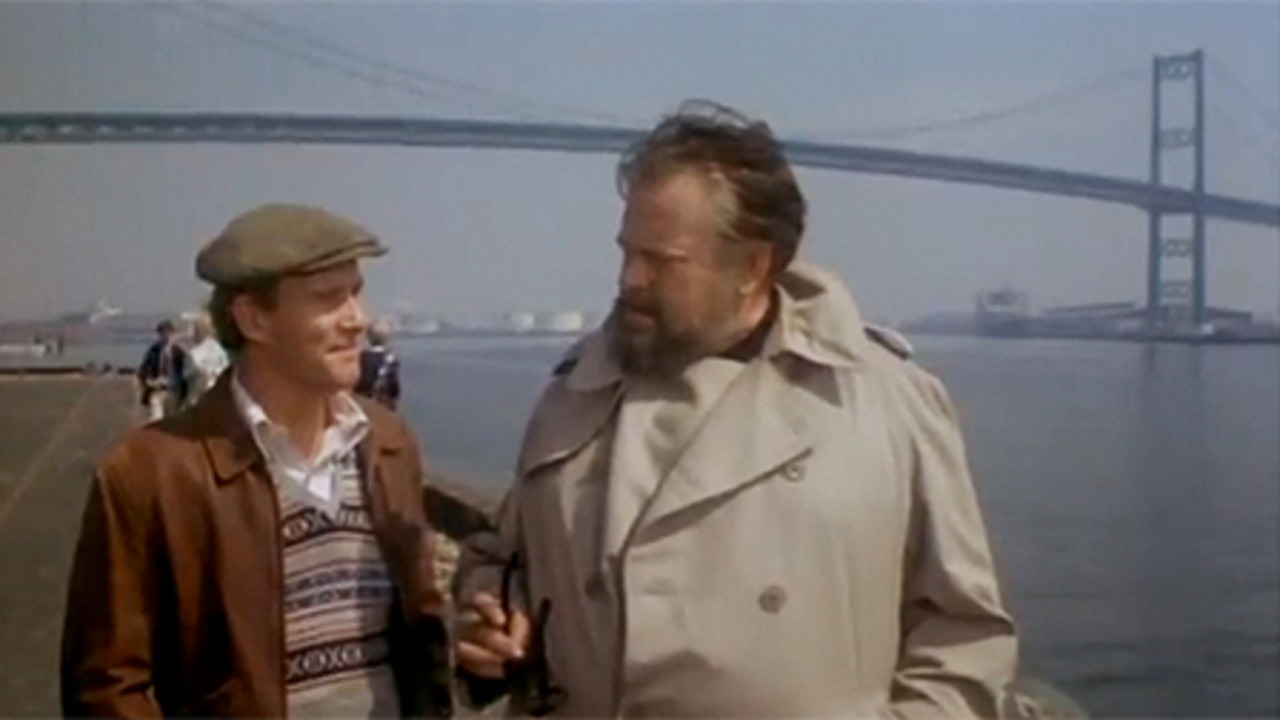
A challenging film for De Palma, he had to prove his status as a skilled up-and-coming filmmaker to both leads Tom Smothers and the legendary Orson Welles in this seldom seen early effort that often feels like a Bananas-era Woody Allen pratfall comedy with the drollery of Monty Python stirred into the mix. And while much of Get to Know Your Rabbit doesn’t work all that well, it’s a eccentric oddity all the same.
Smothers plays a weary businessman named Donald Beeman who, almost out of the blue, decides he should become a tap-dancing magician. Yes, that’s right, a tap-dancing magician. Looking to the renowned Mr. Delasandro (Welles) for tutelage and magic study it isn’t long before Donald is doing his routine in decaying nightclubs and seedy honky tonks and eventually acquiring a few life lessons along the way.
23. The Bonfire of the Vanities (1990)
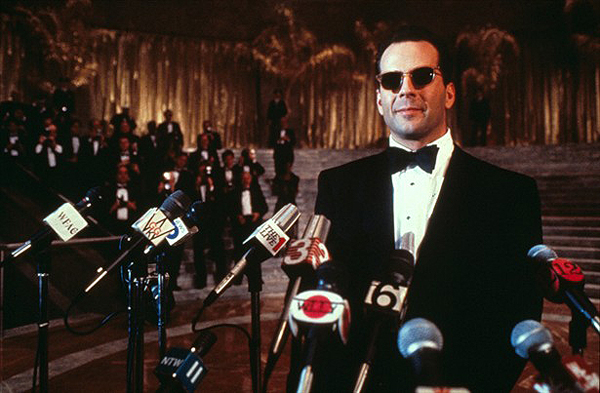
Certainly De Palma’s most notorious film, this misguided adaptation of the best-selling Tom Wolfe novel of the same name, The Bonfire of the Vanities tells the confused and convoluted story of Wall Street executive Sherman McCoy (Tom Hanks).
Sherman, while driving back from the John F. Kennedy International Airport with his gold digging girlfriend Maria Ruskin (Melanie Griffith) takes a distracted turn and ends up in the Bronx where a hit-and-run with a black teenager earmarks the start of Sherman’s fall from grace. Dogged by an obnoxious alcoholic tabloid journalist named Pete Fallow (Bruce Willis) and the ensuing scandal, things get heavy-handed, maudlin, and didactic as can be.
But for all the misguided gaffes, miscasting being chief amongst them, and all the hallmarks of studio meddling and bullshit artistic compromise (a brilliant takedown of the blather, bull, and controversies that De Palma endured are engagingly depicted in Julie Salamon’s highly recommended 1991 book “The Devil’s Candy”) the film is not without its merits. For instance, The Bonfire of the Vanities is worth watching for the wonderfully choreographed, artfully complex, and visually audacious nearly 5-minute opening tracking shot.
Like many of De Palma’s films, this one is considered something of a cult hit, with niche audiences particularly in Eastern Europe, who are convinced that Vanities is one of the director’s most significant works. We won’t go that far, not at all, but it’s still worth tracking down and checking out.
22. Mission to Mars (2000)
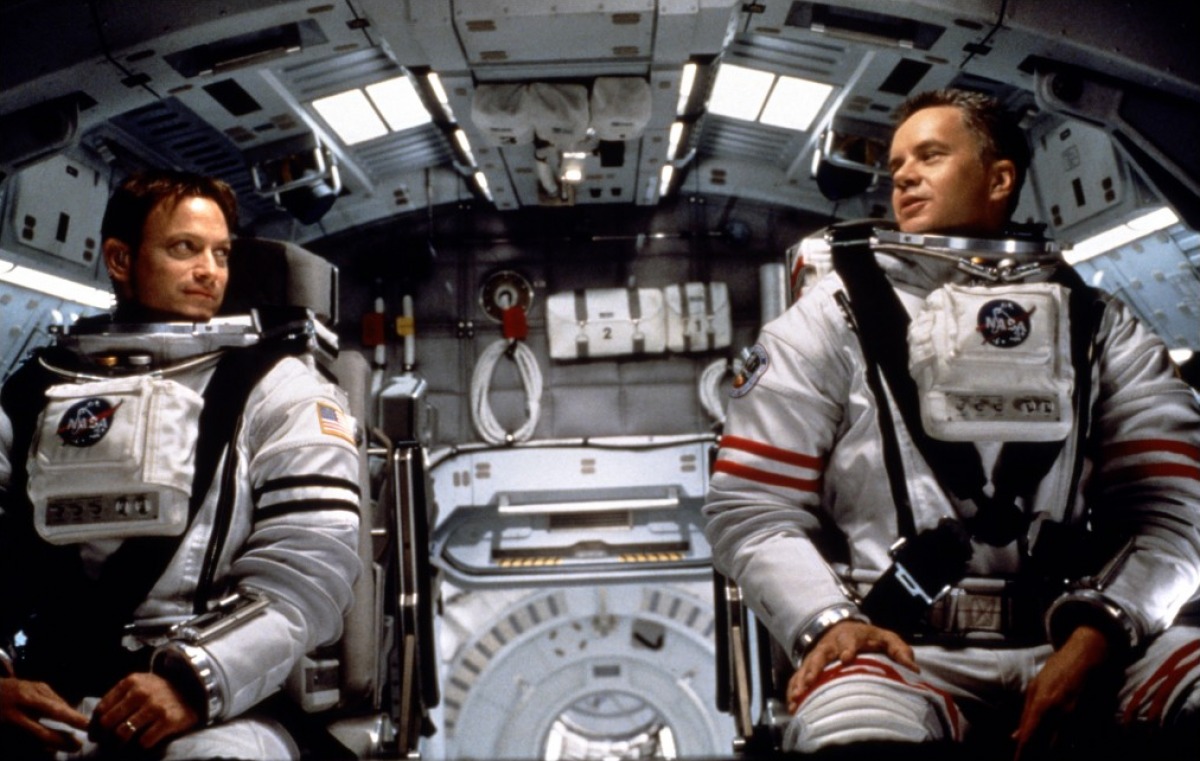
A challenging project for De Palma that also, sadly, became synonymous with the term “box office poison” back in 2000 when it came out, the film also saw a lot of unsavory artistic compromises foisted upon him from the studio, including a problematic script he could do very little about. The film also marked De Palma’s last studio production in Hollywood as a result, and he hasn’t looked back since.
Though for all the negative reviews that Mission to Mars accrued, it wasn’t without it’s devotees (particularly in France where his films have always been well received) such as NY Daily News scribe Michael Wilmington who declared it as “…one of the most gorgeous science-fiction movies ever –– and probably also one of the most realistic in detail and scientific extrapolation.”
Set in the year 2020, the first manned mission to Mars takes a terrible turn when three crew member are killed and a fourth (Don Cheadle) is left stranded and without means to contact Mission Control. Enter a rescue sortie headed by Commander Woody Blake (Tim Robbins), Co-Commander Jim McConnell (Gary Sinise), and also Terri Fisher (Connie Nielsen) and an irritating turn from Jerry O’Connell as Phil Ohlmyer.
As they search for survivors they uncover some startling secrets and, inevitably, alien intelligence. Certainly an inconsistent undertaking, Mission to Mars, while self-conscious and frequently flimsy, still holds some inspired sequence and some dynamic tracking shots. For the technical aspects of the film, it’s worth watching, but beyond that it’s mostly just salty popcorn provisions.